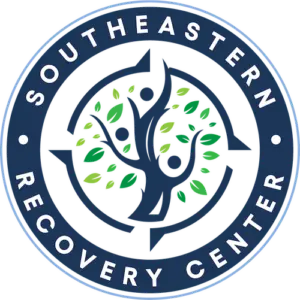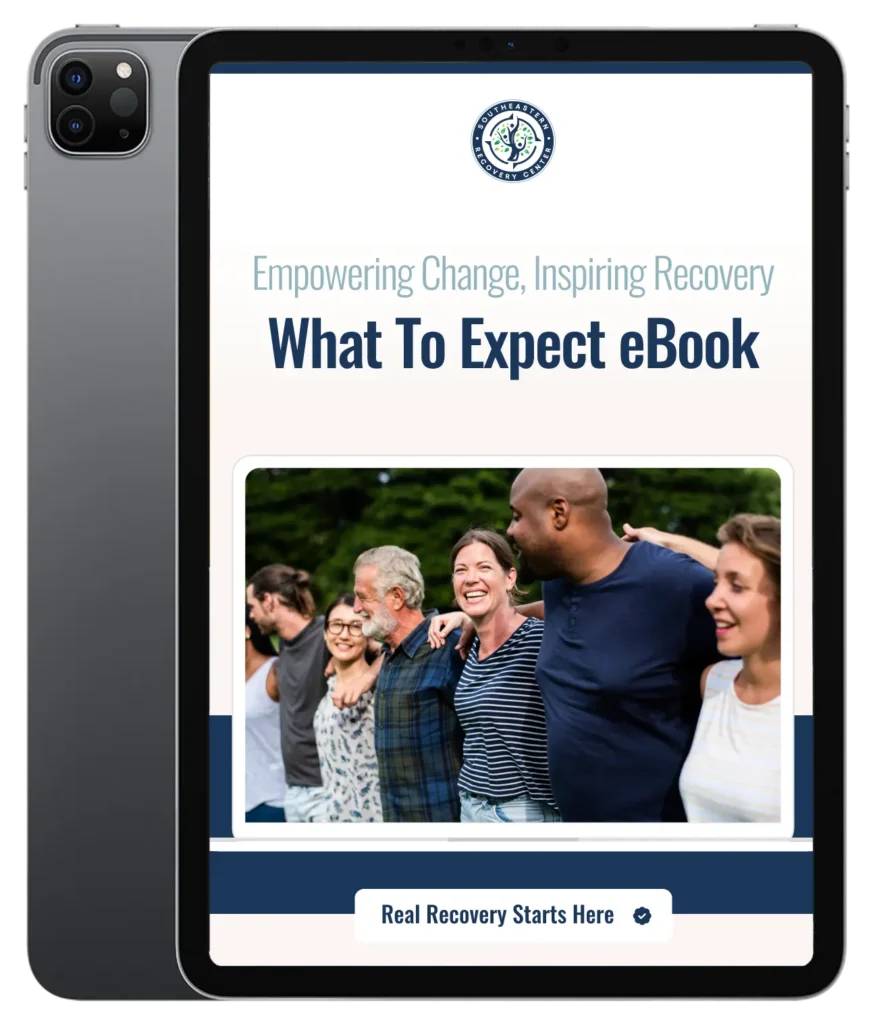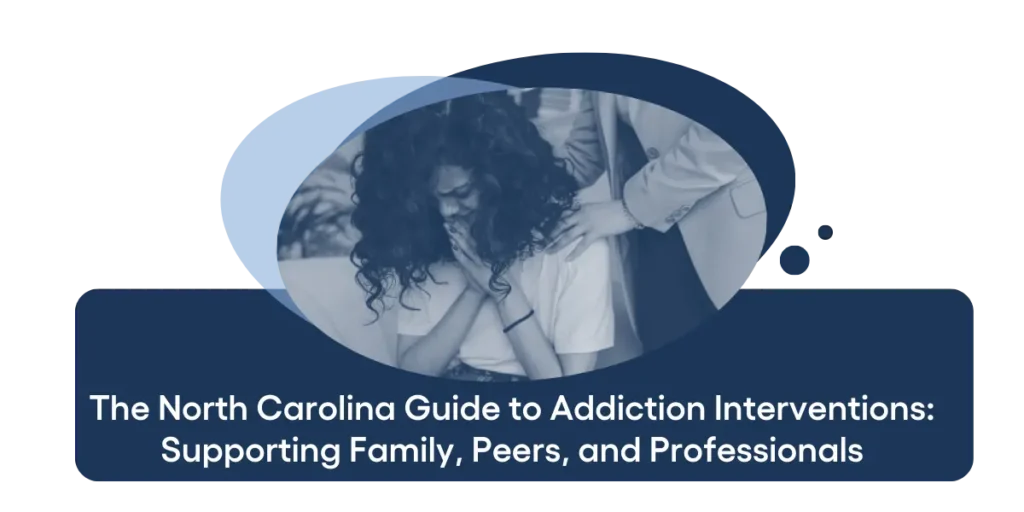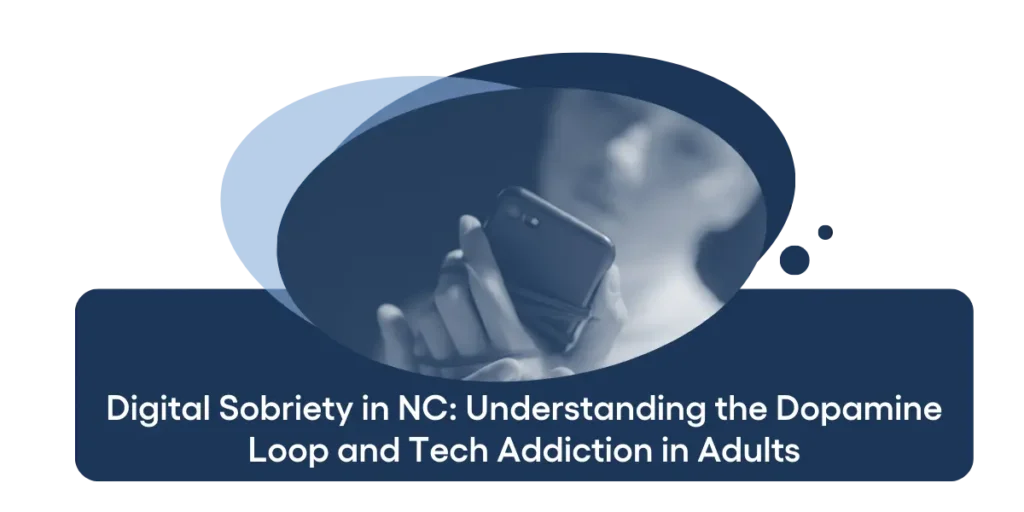If you’re thinking about getting help for drug or alcohol addiction, one of the first questions you might ask is: Do I need detox, rehab, or both? It’s a good question, and a very important one. Understanding the difference between the two can help you make the best decision for your health and recovery.
Both detox and rehab are essential steps in the healing process, but they serve very different purposes. Let’s take a look at what each one involves, why detox usually comes first, and why completing the full continuum of care is the key to long-term sobriety.
Quick Answer: Detox vs Rehab? Which One Do You Need?
If you’re struggling with addiction, detox is usually the first step. It safely helps your body clear drugs or alcohol and manage withdrawal symptoms under medical supervision. Once you’re physically stable, rehab provides the therapy and support needed to address the emotional and behavioral aspects of addiction. Both steps are essential, but detox comes first to ensure you’re ready to benefit from rehab fully.
What Is Detox?
Detox is the first stage of addiction treatment, focused on safely removing substances like drugs or alcohol from your system. When someone stops using substances such as alcohol, opioids, or benzodiazepines, the body begins to go through withdrawal, a process that can be physically and emotionally intense.
Withdrawal symptoms can include:
- Sweating and shaking
- Nausea or vomiting
- Anxiety, depression, or mood swings
- Insomnia or restlessness
- Seizures (especially with alcohol or benzos)
- Intense cravings
These symptoms can range from mildly uncomfortable to life-threatening, depending on what you’ve been using and for how long. That’s why medical detox is strongly recommended, especially for substances like alcohol, benzos, and opioids. In fact, according to the National Institute on Drug Abuse, up to 50% of people withdrawing from alcohol may experience symptoms that require medical supervision if they’ve been drinking heavily for long periods (NIDA, 2020).
In a professional detox setting, trained staff will monitor your vitals, manage symptoms, and help you stay safe and as comfortable as possible during withdrawal.
What Is Rehab?
Once detox is complete, rehab is the next step. Rehab addresses the mental, emotional, and behavioral side of addiction the part that substances alone don’t fix. This is where you begin to understand why you used, how to handle triggers, and how to rebuild your life in a healthy, meaningful way.
In a typical 30-day inpatient or residential program, you’ll likely experience:
- Individual therapy sessions
- Group therapy and peer support
- Educational classes about addiction and recovery
- Relapse prevention planning
- Wellness activities and nutritional support
But it’s important to understand that rehab isn’t the finish line, it’s just one piece of a larger puzzle. To give yourself the best possible chance at lasting sobriety, completing the full continuum of care is key.
Why does the Continuum of Care Matter?
Recovery isn’t something that happens overnight. The most successful outcomes happen when treatment is approached as a process, not a one-time event. That process is called the continuum of care, and it’s designed to support you at every stage of recovery.
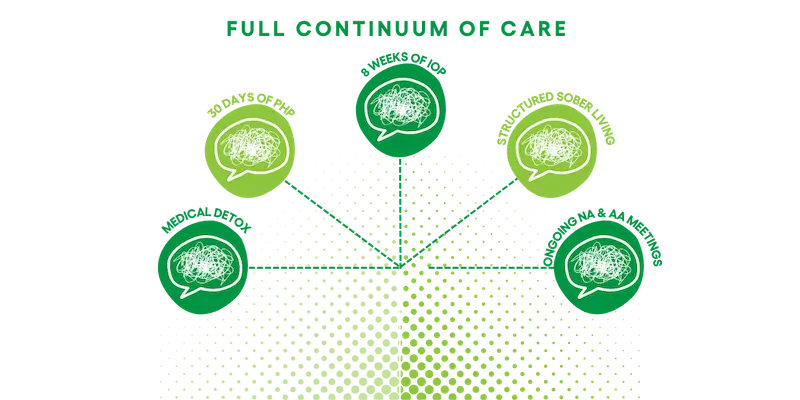
Here’s what the full continuum typically looks like:
- Medical Detox
Safely managing withdrawal symptoms with 24/7 supervision - 30 Days in a Partial Hospitalization Program (PHP)
A structured day program focused on therapy and early recovery work - 8 Weeks of Intensive Outpatient Program (IOP)
Continued therapy and support while slowly re-integrating into everyday life - Structured Sober Living
A drug-free, supportive living environment with accountability and peer support - Ongoing Support Through 12-Step Meetings (AA/NA)
Long-term peer connection and spiritual/emotional growth through fellowship
According to the Substance Abuse and Mental Health Services Administration (SAMHSA), individuals who engage in long-term, step-down care (such as PHP to IOP to sober living) experience significantly better outcomes and reduced relapse rates compared to those who only attend detox or short-term rehab (SAMHSA, 2021).
Each of these steps builds on the last. Detox prepares you physically. Rehab helps you understand the “why” behind your addiction. IOP and sober living give you space to practice life skills in a supportive environment. And ongoing support through groups like AA or NA helps you stay connected and grounded long after treatment ends.
Why Does Detox Comes First?
Trying to jump into rehab without detox is like trying to run a marathon with an injury—you’re not going to get very far. If you’re still in withdrawal, it’s incredibly difficult to focus on therapy, participate in group work, or process your emotions clearly.
Detox ensures that your body is medically stable so that your mind and spirit can begin the deeper healing work that rehab offers. It’s not just about safety (though that’s critical); it’s about giving you the best possible foundation for what comes next.
Skipping detox not only reduces your ability to engage in treatment but can also put your health at risk. For example, benzodiazepine withdrawal can cause seizures, hallucinations, or psychosis, especially when not supervised medically.
Don’t Have to Figure It Out Alone
At Southeastern Recovery Center, we help individuals and families understand where they are in the recovery process and what steps are needed next. Whether you’re wondering if detox is necessary or you’re ready for residential rehab, our team can guide you every step of the way.
We work with clients to create personalized treatment plans that follow the full continuum of care, setting them up for long-term success—not just short-term sobriety.
Ready to Take the First Step?
If you or a loved one is struggling with addiction, don’t wait. Reach out today to speak with someone who understands what you’re going through. Whether you need detox, rehab, or help figuring out what comes next, we’re here to support you from day one to long-term recovery.
Lasting sobriety starts with the right first step. Let’s take it together.
